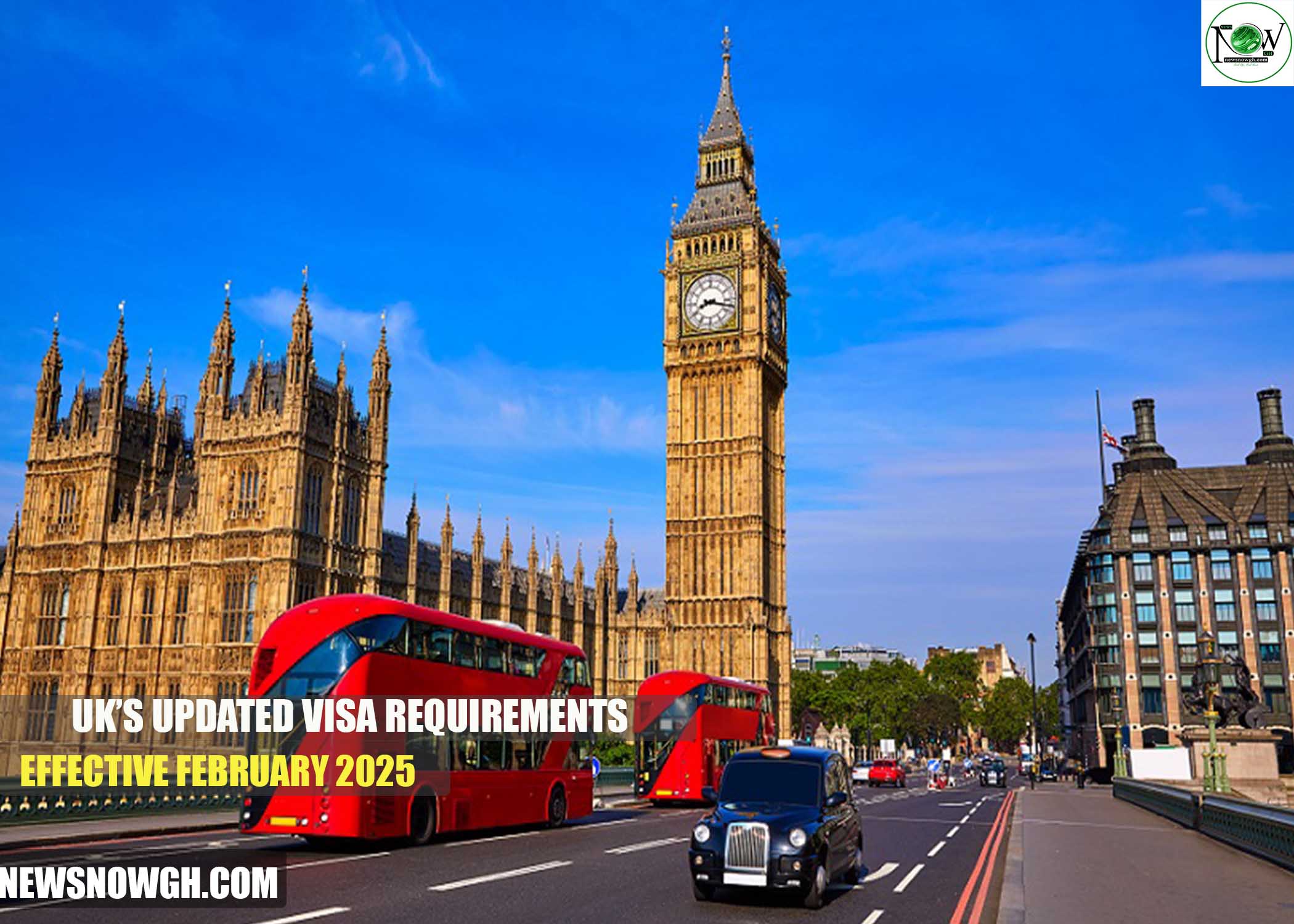UK’s Updated Visa Requirements Effective February 2025
The UK will implement updated visa policies starting February 1, 2025. These changes introduce new financial thresholds for students, tourists, workers, and family applicants. The government aims to ensure that applicants can support themselves without relying on public funds. However, these measures have raised concerns about accessibility and affordability.
In addition to financial adjustments, the UK will launch an Electronic Travel Authorization (ETA) system. This system affects visa-exempt travelers from select European countries. Eligible applicants can apply for an ETA beginning March 5, 2025, and will need it for entry from April 2, 2025. This new requirement has sparked discussions about its implications for short-term visitors and business travelers.
Currently, there is no confirmation regarding potential adjustments to these regulations. Stakeholders, including universities and employers, have voiced their thoughts. Their feedback may lead to refinements in certain visa categories in the upcoming months.
New Financial Thresholds for UK Visa Categories
Following the implementation of these changes, the financial requirements for UK visas will be as follows:
1. Students: Increased Maintenance Funds
International students must now demonstrate they have at least £12,000 per year for living expenses outside London. This is an increase from the previous £9,207. For those studying in London, the requirement jumps to £15,000, up from £12,006. This increase reflects rising living costs and raises concerns about affordability for prospective students.
2. Skilled Workers: Higher Salary Thresholds
Applicants for Skilled Worker visas must meet a new minimum salary requirement of £38,700 per year, up from £26,500. Although some sectors facing labor shortages, like healthcare and education, may receive exemptions, this significant rise could hinder mid-level professionals from qualifying for work opportunities in the UK.
3. Family Visas: Stricter Income Threshold for Sponsorship
Families seeking to reunite in the UK now face stricter financial requirements. The minimum income threshold for a UK citizen or resident sponsoring a spouse or dependent has risen from £18,600 to £29,000. Further increases may reach £38,700 by 2026. This change has sparked discussions about the feasibility of family reunification under these new conditions.
4. Tourists: Additional Proof of Funds Required
While tourists do not have a specific financial threshold, they must demonstrate stronger proof of funds. Applicants typically need to show between £1,500 and £2,500 per visit to cover accommodation, transport, and personal expenses. Additionally, processing times for tourist visas may fluctuate, leading to longer waits and requests for more documentation.
Reactions from UK Visa Applicants
1. Students Exploring Alternatives
The dream of studying in the UK has become more challenging for many students. With universities concerned about declining international enrollments, students are considering alternative destinations. Countries like China, Canada, and Germany offer lower financial requirements.
2. Workers Encountering New Barriers
The increased salary threshold poses challenges for some industries in attracting talent. Smaller businesses and startups may struggle to hire international employees due to these higher financial demands.
3. Family Applicants Facing Tough Choices
The new income requirements for family visas mean that many UK residents will find it harder to bring their spouses or children to the country. Critics argue that these changes disproportionately affect lower-income families, complicating reunification efforts.
Public Response and Future Outlook
Reactions to these new rules are mixed. Some view them as essential for economic sustainability, while others express concerns about affordability. Advocacy groups urge the government to reconsider specific thresholds, especially for students and family applicants.
Currently, there is no official plan to reverse or adjust these financial requirements. However, ongoing discussions may lead to potential refinements. Those planning to apply for a UK visa should stay informed and assess their financial readiness. Exploring scholarship opportunities or employer sponsorship could also be beneficial.
Conclusion
With the UK’s immigration framework evolving, applicants must prepare for these changes. The coming months may bring further clarifications, but for now, it is crucial to review the new financial requirements and seek professional advice when necessary.
Follow us on NewsNowGh.com to stay updated on the latest information regarding work permits, visas, and visa-sponsored employment.


